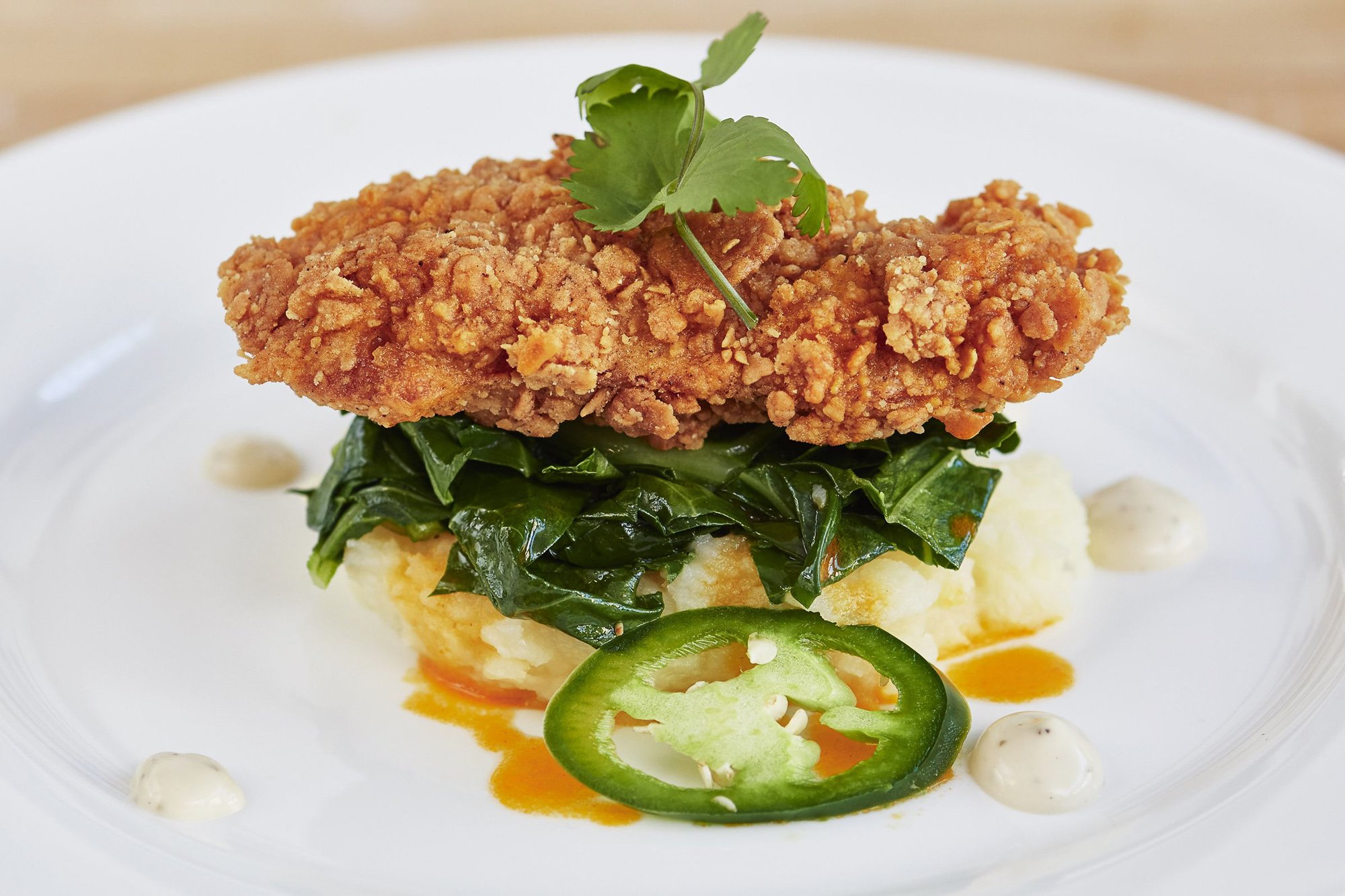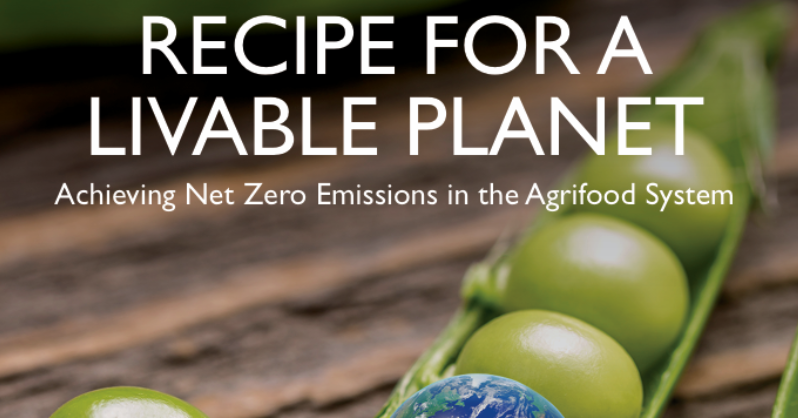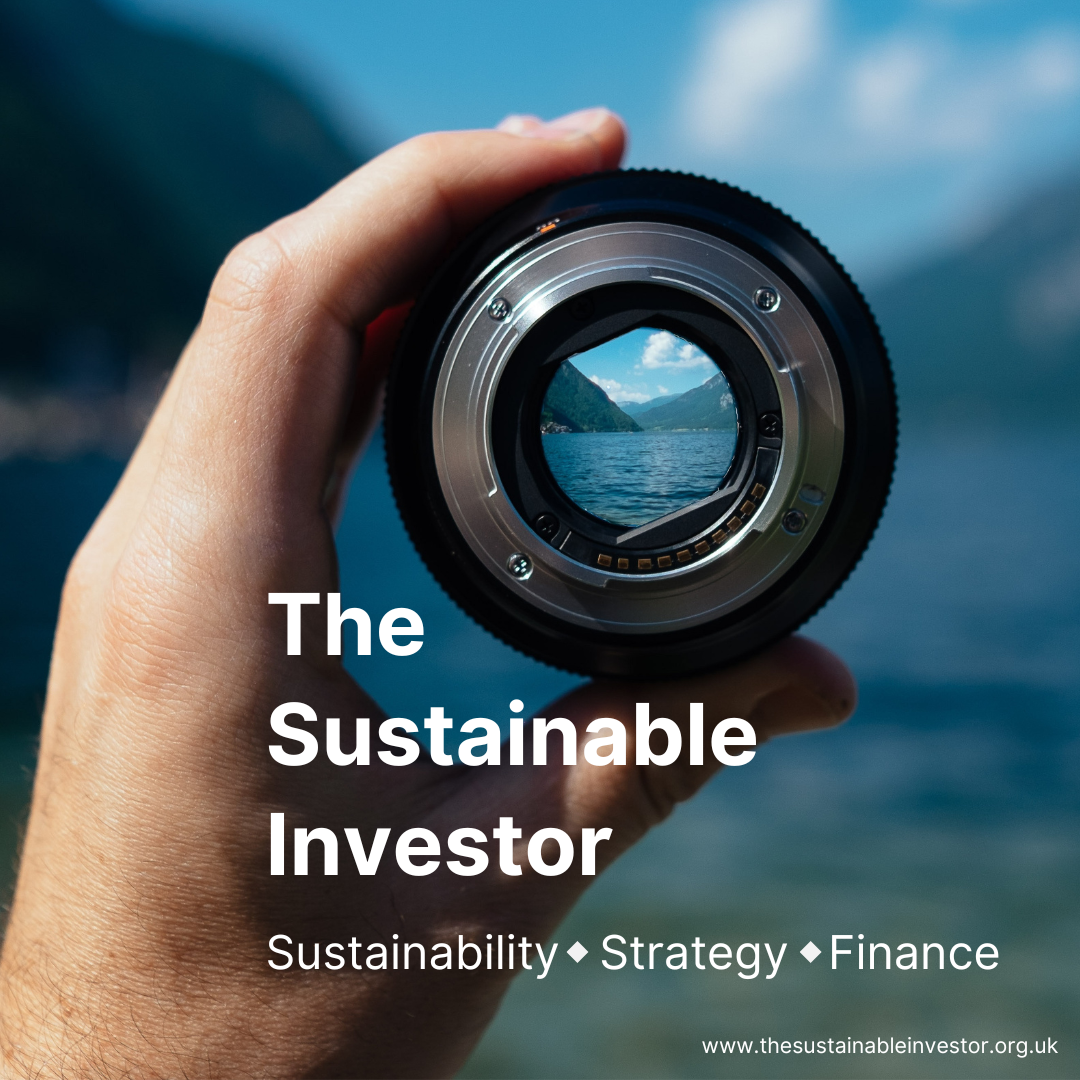
Sunday Brunch: not every sustainability decision is an either/or
As a society we seem to what to make every choice binary. You either select A or B. And the A people often hate the B people, and think that they are idiots, or something worse.
“Learning to choose is hard. Learning to choose well is harder. And learning to choose well in a world of unlimited possibilities is harder still, perhaps too hard.”
― Barry Schwartz,
As a society we seem to want to make every choice binary. You either select A or B. And the A people often hate the B people, and think that they are idiots, or something worse. A good example is around fossil fuels, but I am sure you can think of many others.
But, nearly every sustainability choice is not binary. We will probably have both A and B contributing to our economy for many years, if not decades. Our debate should be about the transition, what the end state will likely look like, and when will it happen.
A good example of this is cultured meat. I expect that over time cultured meat, plus plant based alternatives, will become the norm. But this doesn't mean that meat farming is wrong, or that we should totally stop it. But it does mean it will probably need to change. Which is why a recent report from the UK Royal Agricultural University entitled "Culture Clash? What cultured meat could mean for UK farming" caught our eye.
If you want to read the rest and are not already a member...

Culture Clash? What cultured meat could mean for UK farming
The debate about cultured meat has generated more heat than light, including an argument about what to call it....
For those of you in the US, apparently the agreed term is 'cell cultured meat', but according to sources the USDA has received thousands of comments on the issue.

The reality is that cultured meat, in some form, is likely to end up taking a decent market share of the protein market. How much market share I don't know, but it's not going to be zero, and it's probably not going to be 100% either.
So you might think that the most sensible approach is to accept this, and to work out how the two related ecosystems can co-exist, and for farmers to prepare for this future.
This was effectively the point of a recent report from the UK Royal Agricultural University entitled "Culture Clash? What cultured meat could mean for UK farming".
Before we discuss this, if you want to understand a bit more about how cultured meat is made, this is a good introduction.

The report, the outcome of two years of research, explores what UK farmers think about cultured meat, and how the technology could affect them in practice.
They start by recognising the varied concerns that farmers have about cultured meat. Yes, some are about the financial implications, but they also worry that many questions are still unanswered about how cultured meat might work, and that unbiased data and analysis is hard to come by. Both factors make decision making by farmers tougher. And they are concerned about the increasing industrialisation of farming.
Yet, under the right circumstances, cultured meat could present opportunities for some UK farmers. One obvious way is 'sharpening' their competitive edge for selling high-value ‘real meat’. There is a sizeable part of the market that will pay a premium price for 'better tasting meat'. And it could open up potential new markets such as supplying animal cells or raw materials, and generate income from processing crop or animal by-products as ingredients.
Plus, it's possible that they could produce cultured meat on their own farms - an approach that might help with the image and branding of cultured meat. Finally, it's an opportunity to develop new, fairer supply-chain relationships.
On this last point, anyone who follows the agriculture sector (or who regularly reads our blogs) will know that the farming supply chain relationships are unbalanced. Supermarkets and food processors hold much of the power, they are the route to market for farmers, and they control access to the consumer. Online farm shops help this a bit, but only at the margin.
This imbalance is important. If we want farmers to adopt more sustainable farming approaches, we need to help them de-risk their business models, and give them more financial control.
What do they suggest as a possible way forward on cultured meat?
One action is for the industry itself, undertaking joint research and innovation, particularly into making waste streams more valuable, and on-farm production. Farmers need to be involved. And as part of this governments need to recognise the legitimate concerns of livestock farmers, working with them to find solutions that work in the long term.
The other action is for us as investors. We should be pushing cultured meat companies to better engage with farmers, or as they put it " to include farmers in their Environmental, Social and Governance commitments to support a ‘just transition’. Let's make sure this new supply chain doesn't just end up replicating the flaws of our current system.
And this is not just a 'good' thing to do. It's not just a values and ethics issue. Agriculture is a massive contributor of GHG emissions. As we highlighted in a recent blog, a recent World Bank report calculates that the total agriculture supply chain emits more than electricity and heat combined. Our efforts to decarbonise the economy will likely fail if we don't tackle the challenges faced by agriculture.

One last thought to leave you with.
Farmers are not one group. They have different concerns and objectives. As the report states, with regard to cultured meat "many beef and sheep farmers are vocally opposed, supporting industry campaigns for ‘natural British meat’. Some promote regenerative agriculture as enabling ‘less but better’ meat. Poultry producers meanwhile emphasise their low carbon footprint and high feed efficiency. And some arable farmers have championed or benefited from the growth in plant-based meat and dairy alternatives."
It's not enough to lump farmers together.
Cultured meat is not an either/or decision. It's likely to eventually take a decent market share, alongside plant based alternatives. And, there will be a place for meat in the market, probably for ever. But, change is coming, and we need to prepare for a sensible transition. Recent protests have shown that farmers have political power. Let's not wait until our room for manoeuvre is too small.

Something a little more bespoke?
Get in touch if there is a particular topic you would like us to write on. Just for you.
Contact us
Please read: important legal stuff.




